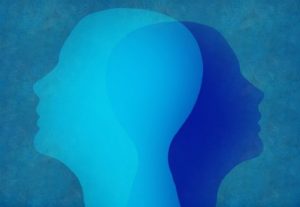From the Robert Wood Johnson Foundation: “A few years ago, I read a painfully insightful account in the New York Times of what it means to be a black American struggling with mental health. The author vividly describes how socio-historical ‘trauma lives in our blood,’ materializing in our daily lives, and ultimately affecting our mental health.
A groundbreaking 2017 poll that the Robert Wood Johnson Foundation (RWJF) supported offers more insight into how discrimination fuels persistent stress. This stress leads to physiological responses that raise the risk of heart disease, stroke, and diabetes. Trauma and violence are also more likely to affect the lives of boys and young men of color, often leaving them with unresolved psychological wounds.
Compounding these problems are the many barriers that prevent African-Americans from receiving adequate mental health services. These include stigma, and a lack of representation among and trust of providers.
An inspiring leader I recently met—Mr. Yolo Akili Robinson—is dedicated to addressing this very problem. Robinson received a 2018 RWJF Award for Health Equity, which honors leaders who are changing systems and showing how solutions at the community level can lead to health equity. He is the executive director of BEAM, which stands for Black Emotional and Mental Health Collective. BEAM trains health care providers and community activists to be sensitive to the issues that plague black communities. BEAM has many programs that focus on men, boys, and nongender-conforming people.
I was pleased to delve deeper into Robinson’s work in the following Q&A.”












